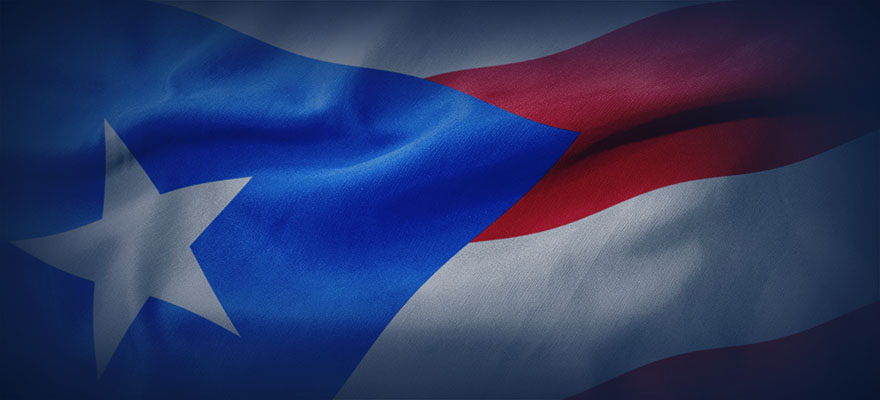Written by: Daniel Tilson
The Alaska Municipal Sales Tax Program (AMSTP) was established to help local Alaskan communities collect sales tax for businesses that have a physical presence in those communities.
The following communities are participating:
- Thorne BaySelawik
- Angoon (Starting September 2022)
AMSTP is utilizing Munirevs for filing. Additional information can be found on the AMSTP Munirevs Portal at https://amstp.munirevs.com/ and https://amstp.munirevs.com/faq/.



